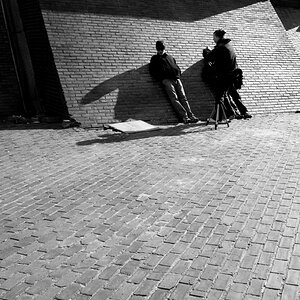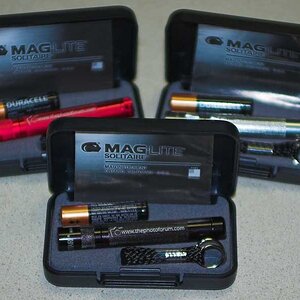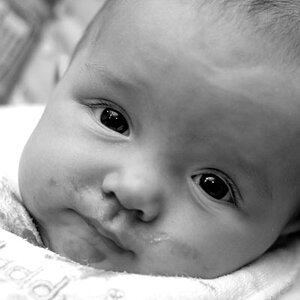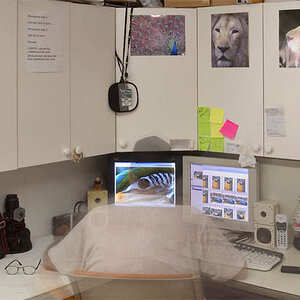DiskoJoe
Been spending a lot of time on here!
- Joined
- Mar 24, 2011
- Messages
- 4,540
- Reaction score
- 528
- Location
- Houston
- Can others edit my Photos
- Photos NOT OK to edit
there's no such thing as 'no edit'. Even straight out of a camera (I should say digital) the camera has done a conversion process and added color, contast, etc. The only difference between SOOC and deliberate editing is the Photographer who decides to edit, not leaving it to the whim of a computer inside his camera. Shooting RAW demands the photographer to do the editing.
I've said it before and I'll say it again, those that tout SOOC just don't understand how to edit properly.
Yea, no post processing would have been a better title. Even My film image has been processed by the developing machine.


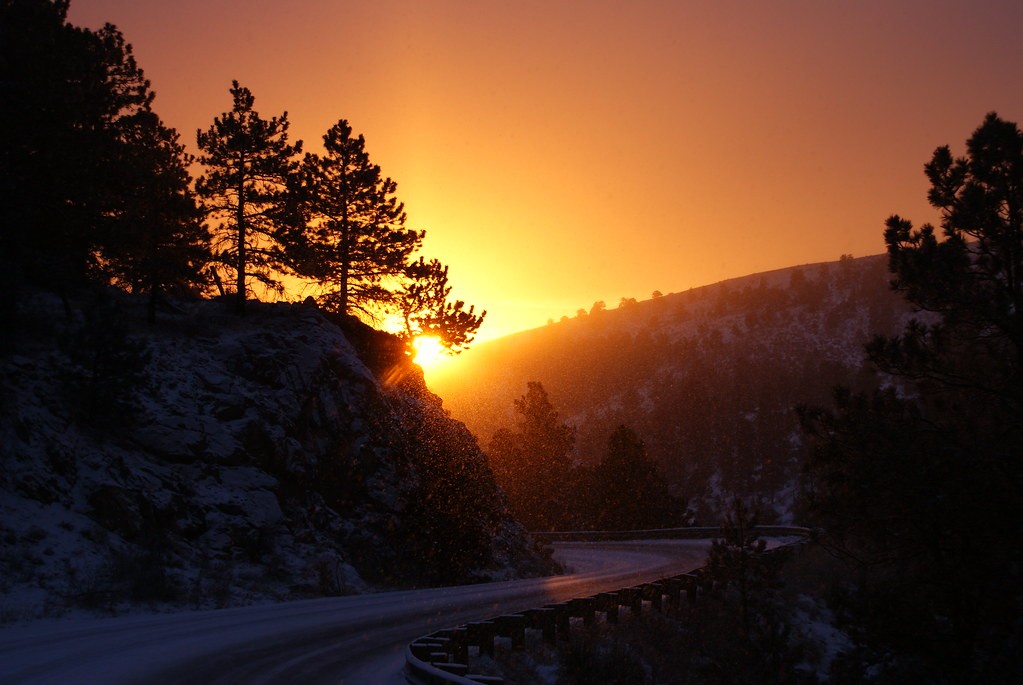

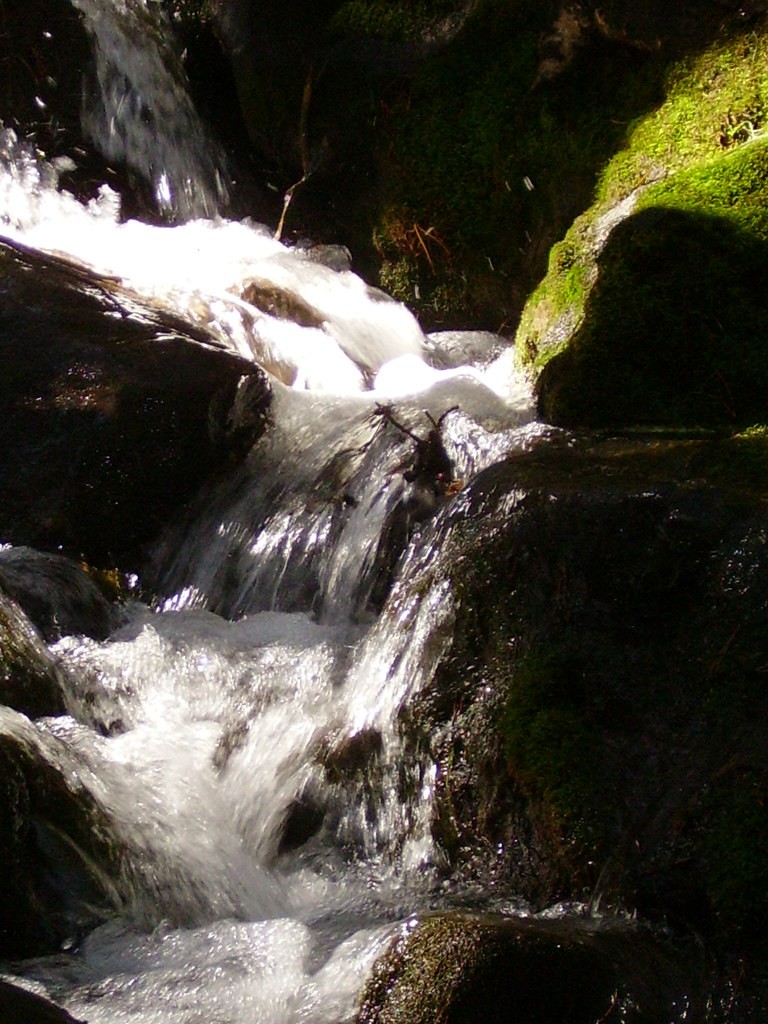

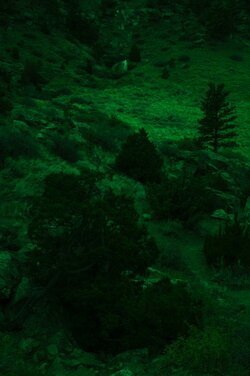
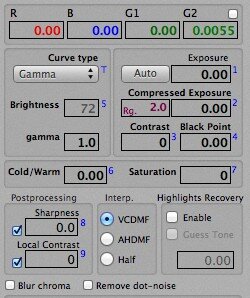
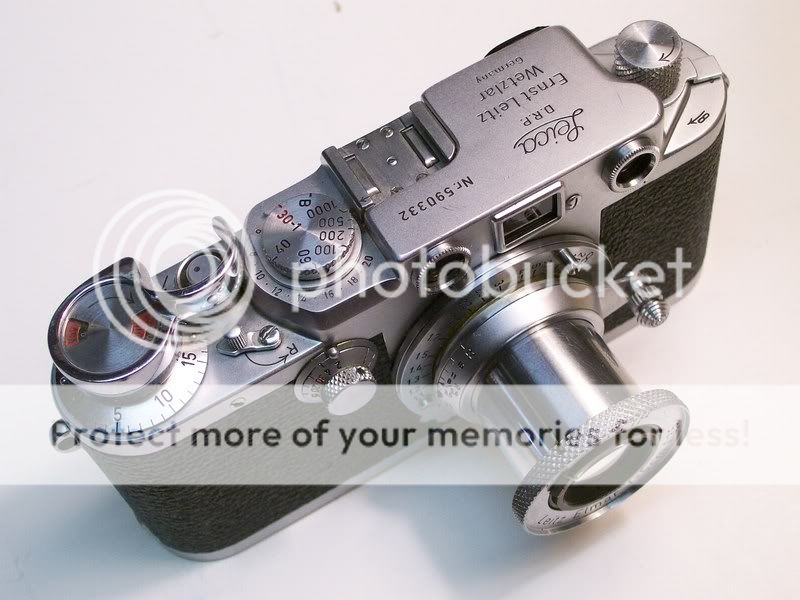

![[No title]](/data/xfmg/thumbnail/1/1592-cfae4a7ea791f96c6e2d03484be2e454.jpg?1619729144)
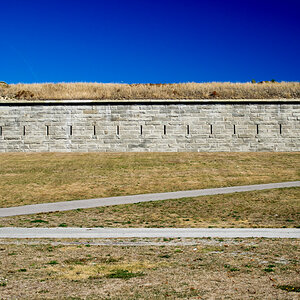


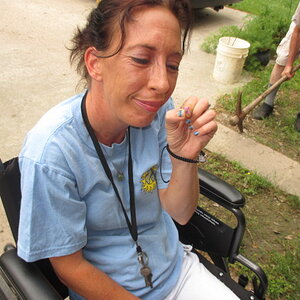
![[No title]](/data/xfmg/thumbnail/30/30986-0fbf9af8f70b46ce37aeb237ba68b573.jpg?1619734551)
![[No title]](/data/xfmg/thumbnail/34/34052-c6933243940b9ae3474b0a2abaa08312.jpg?1619736253)
